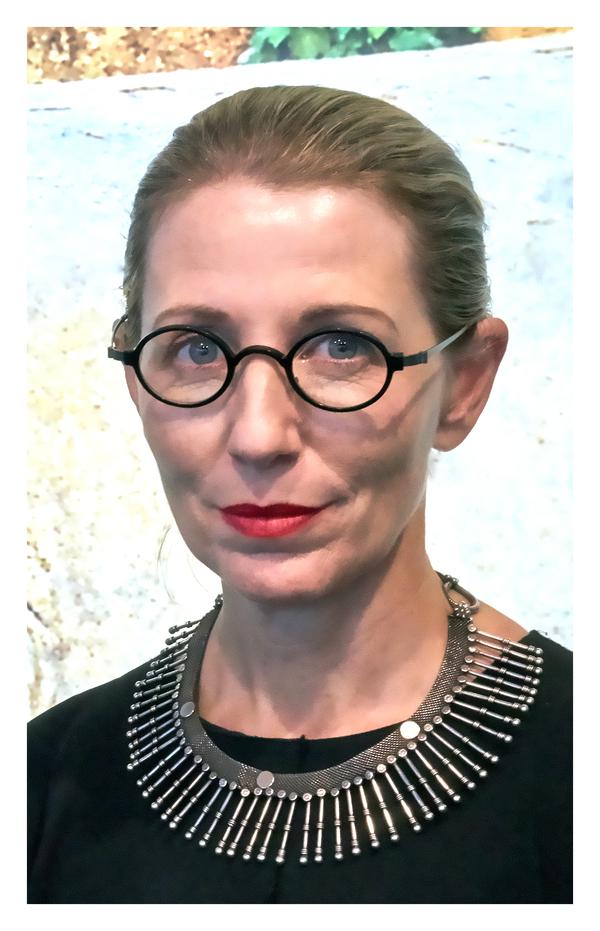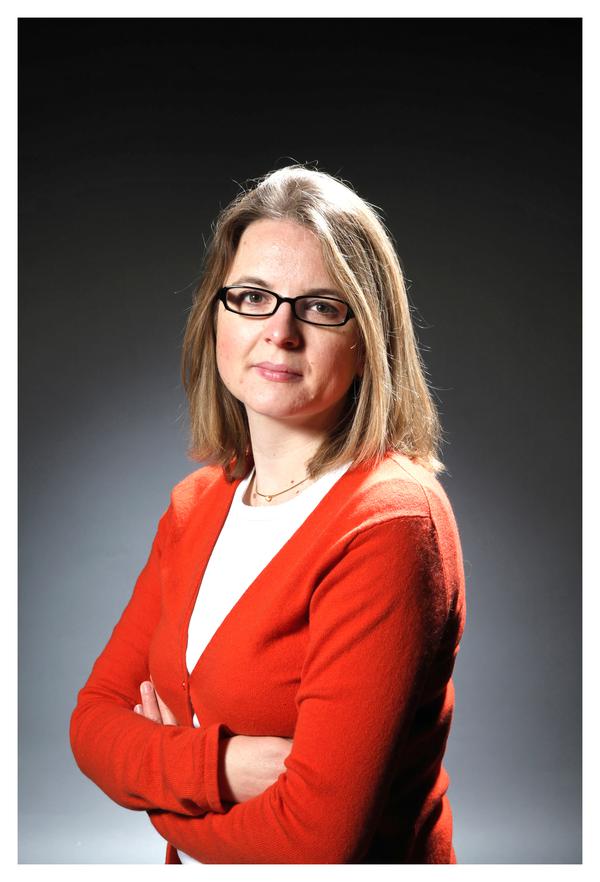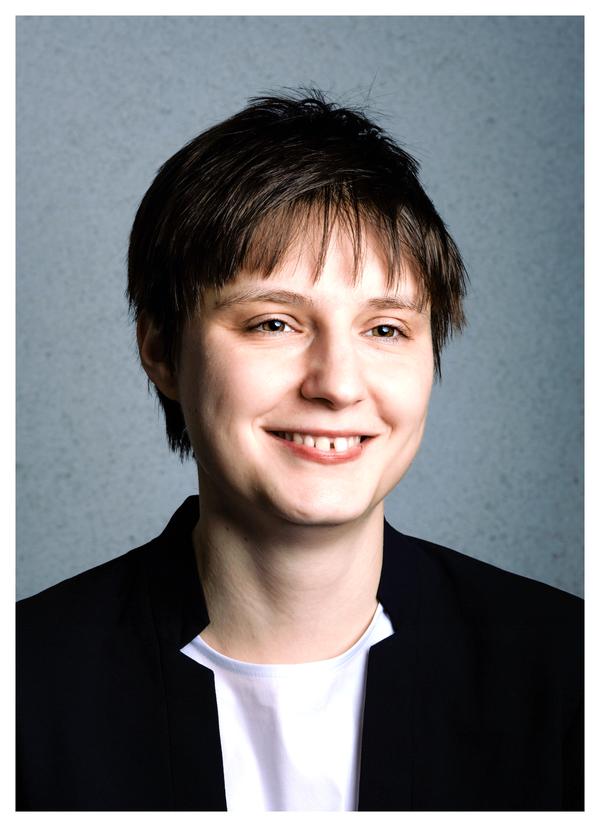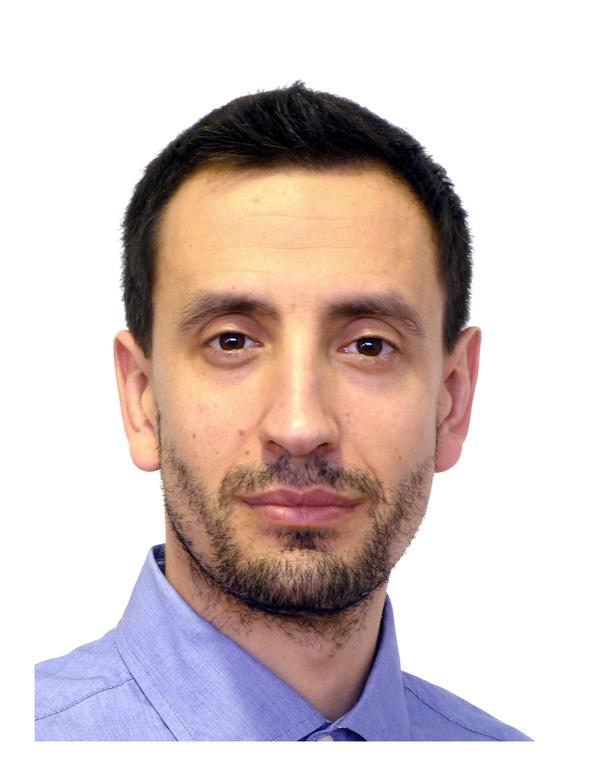Nominations of EPFL professors

© 2016 EPFL
The Board of the Swiss Federal Institutes of Technology has announced the appointment of four professors at EPFL.
 Sarah Kenderdine, was named as Full Professor of Digital Museology in the College of Humanities.
Sarah Kenderdine, was named as Full Professor of Digital Museology in the College of Humanities.Sarah Kenderdine organises exhibitions throughout the world and conducts research at the interface of humanities and social sciences on the one hand and engineering sciences on the other. She focuses on the visualisation and conservation of data, on interactive virtual environments and on the preservation and interpretation of the intangible cultural heritage. In appointing her, EPFL is giving a significant boost to the recently opened ArtLab, as well as to research and teaching in the digital humanities. Sarah Kenderdine will also play a central role in setting up the master’s degree course in Digital Humanities.
 Stéphanie Lacour was named as Full Professor of Microtechnology and Bioengineering in the School of Engineering (STI).
Stéphanie Lacour was named as Full Professor of Microtechnology and Bioengineering in the School of Engineering (STI).Stéphanie Lacour is internationally recognised as a pioneer in the development of electronic systems that interact with human tissue. The results she has obtained with her interdisciplinary approach find application in areas such as the design of intelligent prostheses and artificial skin fitted with sensors. EPFL continues to benefit from her solid teaching experience acquired in different countries and based on different pedagogical methods. She will play a key role in the future development of Campus Biotech in Geneva.
 Maryna Viazovska was named as Tenure Track Assistant Professor of Mathematics in the School of Basic Sciences (SB).
Maryna Viazovska was named as Tenure Track Assistant Professor of Mathematics in the School of Basic Sciences (SB). In spring 2016 Maryna Viazovska received international media attention by solving the densest sphere-packing problem in 8 and 24 dimensions. Her success drew on her outstanding knowledge of the theory of automorphic forms, a branch of number theory. Maryna Viazovska’s groundbreaking findings are not just of theoretical significance, but also enable advances to be made in areas of application such as information theory and programming error correction processes – research areas in which EPFL is particularly strong.
 Guillermo Villanueva was named as Tenure Track Assistant Professor of Mechanical Engineering in the School of Engineering (STI).
Guillermo Villanueva was named as Tenure Track Assistant Professor of Mechanical Engineering in the School of Engineering (STI).Guillermo Villanueva is an internationally renowned specialist in the field of nano- and micro-electromechanical systems. Among other topics, he is interested in improving the resonators used e.g. in detectors, trackers and communication devices. He is regarded as a pioneer in the study of non-linear phenomena in nano-resonators. Guillermo Villanueva’s collaborations within EPFL and with other leading institutions reinforce the research in these areas